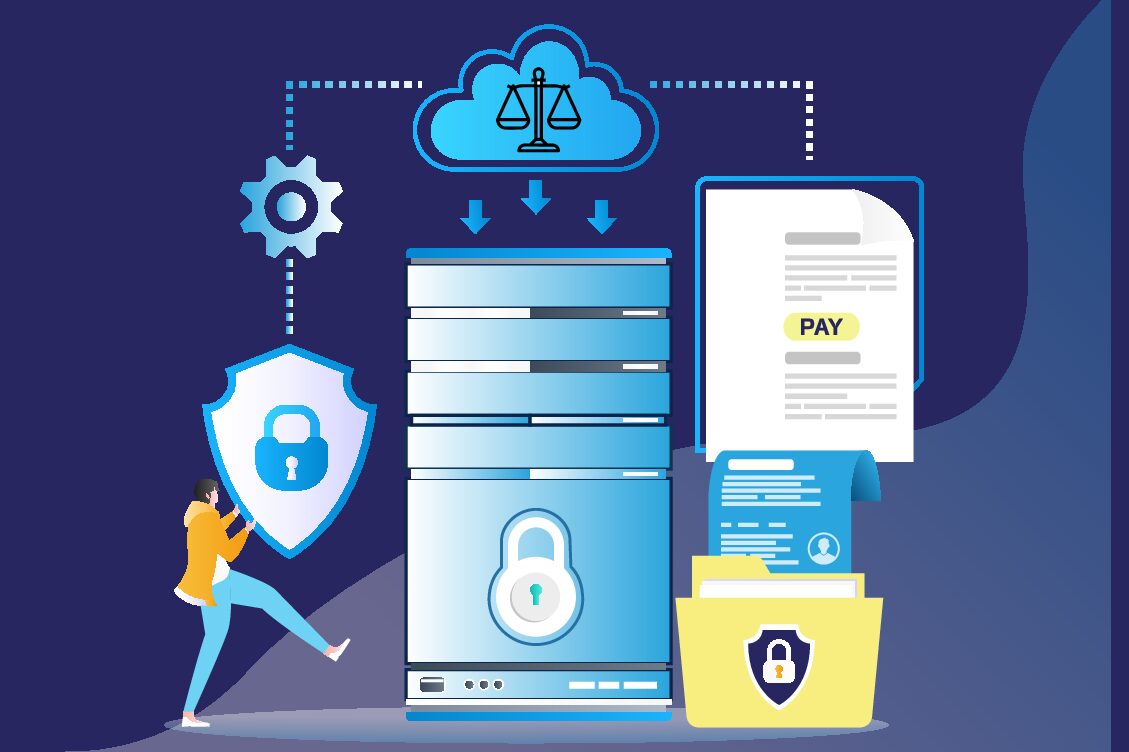The legal profession and innovation don’t exactly go hand-in-hand. After all, it’s an industry deep in a tradition where law students ars consistently warned against “reinventing the wheel.” But this hesitance to chart a new course can stunt the growth and innovation of the industry as a whole.
Technology has dramatically changed the methods and processes for conducting business. Consumers get used to these innovations and expect to see them when they choose a provider of legal services.
Injecting more innovation into the legal industry has been a slow process though. Even the youngest of attorneys often hold on to antiquated ideas and procedures that were created years ago. But innovation and growth must happen as the legal professional moves into the future.
Let’s take a look at some of the obsolete rules that need changing to inspire innovation within the legal industry.
#1 The Traditional Partnership Model
Even as numerous business industries have done away with the traditional partnership model, the legal industry holds on. But this decentralized business structure simply is not designed for the effective delivery of legal services. It promotes firm-hopping while thwarting consensus and cohesive firm culture.
These arrangements also fail to address the generational divides that can exist within a firm, which can undermine long term sustainability. Older partners have little economic interest in the future of the firm because the short term is more important to their personal finances. This mentality creates an aversion to the changes and innovations that are necessary for long-term firm success.
#2 The Proverbial “Wheel”
Widespread legal industry advice against reinventing the wheel can actually prove more detrimental than efficient. Law students and new lawyers are constantly advised against finding new and creative methods of handling common legal tasks. Consider these examples:
- Following traditional document review procedures that require hundreds of work hours instead of using AI technologies to conduct complete these tasks in a fraction of the time
- Firms choosing legacy billing systems that are expensive, difficult to use, and lacking in the useful features that an innovative legal billing system like TimeSolv offers.
- Maintaining a paper office with confidential client files kept in nonsecure filing cabinets instead of transferring to a highly secured and cloud-based paperless office.
Implementing new procedures and technologies can be extremely useful for today’s law firm. It’s not reinventing the wheel. It’s improving it in a more efficient way.
#3 Technology Resistance
Technology is not the enemy of the legal profession, yet many lawyers avoid it like the plague. Over the last decade, there have been widespread discussions about legal technologies and the possibility that these technologies will one day replace the traditional provision of legal services.
In some firms, even seemingly harmless conversations about laptops and emails can turn into a heated debate among older and younger firm members. Some members hold the opinion that there is nothing wrong with their current procedures, so they see no need for changes.
Others just don’t want to take the time or make the effort to learn something new. They don’t want to admit weaknesses or rely on others to teach them what they don’t already know. For a lawyer who has solely relied on paper billing for 30 years, the introduction of electronic invoicing can be daunting.
While technology may replace some of the antiquated procedures commonly used within the legal industry, it can never replace the human aspect of practicing law. This resistance to legal technologies is unfounded and only hurts law firms instead of preserving and growing them.
#4 Disregarding Clients
It may sound harsh, but far too many lawyers still underestimate the value of listening to and considering client opinions. This is evident in a large number of complaints about inadequate attorney communications. But in order to inspire innovation within the legal industry, lawyers must promote successful client relationships and consider client feedback.
Communicating with clients can lead to new ideas. It also helps law firms identify areas where improvements need to happen. By implementing a client questionnaire and actually considering the results, law firms can gauge client expectations and implement innovations to better meet them. This leads to successful client relationships, a good reputation, and greater profitability.
#4 The Billable Hour
Lawyers that hold on to the billable hour compensation model often operate from the perspective that more billable hours equate to higher profitability. As a result, they constantly look for ways to maximize their firm’s billable hours.
The perpetual pursuit for billable hour impedes innovation, but lawyers choose to keep these obsolete rules in place for a variety of reasons, including:
- Law firm structures have used this model for so long that it seems like an overwhelming task to make changes.
- Firm leaders are not willing to lead the change from billable hours to alternative billing methods.
- Firm leaders fail to recognize the value of measuring attorney effectiveness based on performance rather than output.
- Firms struggle to communicate service value to clients without using the billable hour.
The billable hour disrupts progress and promotes inefficiency. It provides an incentive for lawyers to spend larger amounts of time on client matters instead of finding innovative and efficient news ways of handling them.
#5 Physical Office Spaces
We live in a mobile society, but the legal profession has been extremely reluctant in the move towards remote working arrangements. Many leaders operate under the mistaken belief that their firm members need to work from the physical office space to be productive. New technologies offer a variety of features to help lawyers practice law from virtually anywhere in the world.
From TimeSolv’s mobile time tracking application to electronic invoicing and cloud-based document management, legal innovations offer all the tools that attorneys need to work remotely in a profitable and effective manner. Moving forward, particularly after COVID-19, law firms must move towards greater mobility.
Let Go of Obsolete Rules to Embrace Innovation
To sustain for years to come, law firms need to let go of these obsolete rules and embrace new technologies and innovations. The legal tech world has much to offer, but law firms will miss out on these opportunities if they fail to look toward the future.
About Erika Winston:
Erika Winston is a freelance writer with a passion for law. Through her business, Personal Touch Edits, she helps legal professionals deliver effective written messages. Erika is a regular contributor to TimeSolv and a variety of other publications.
















